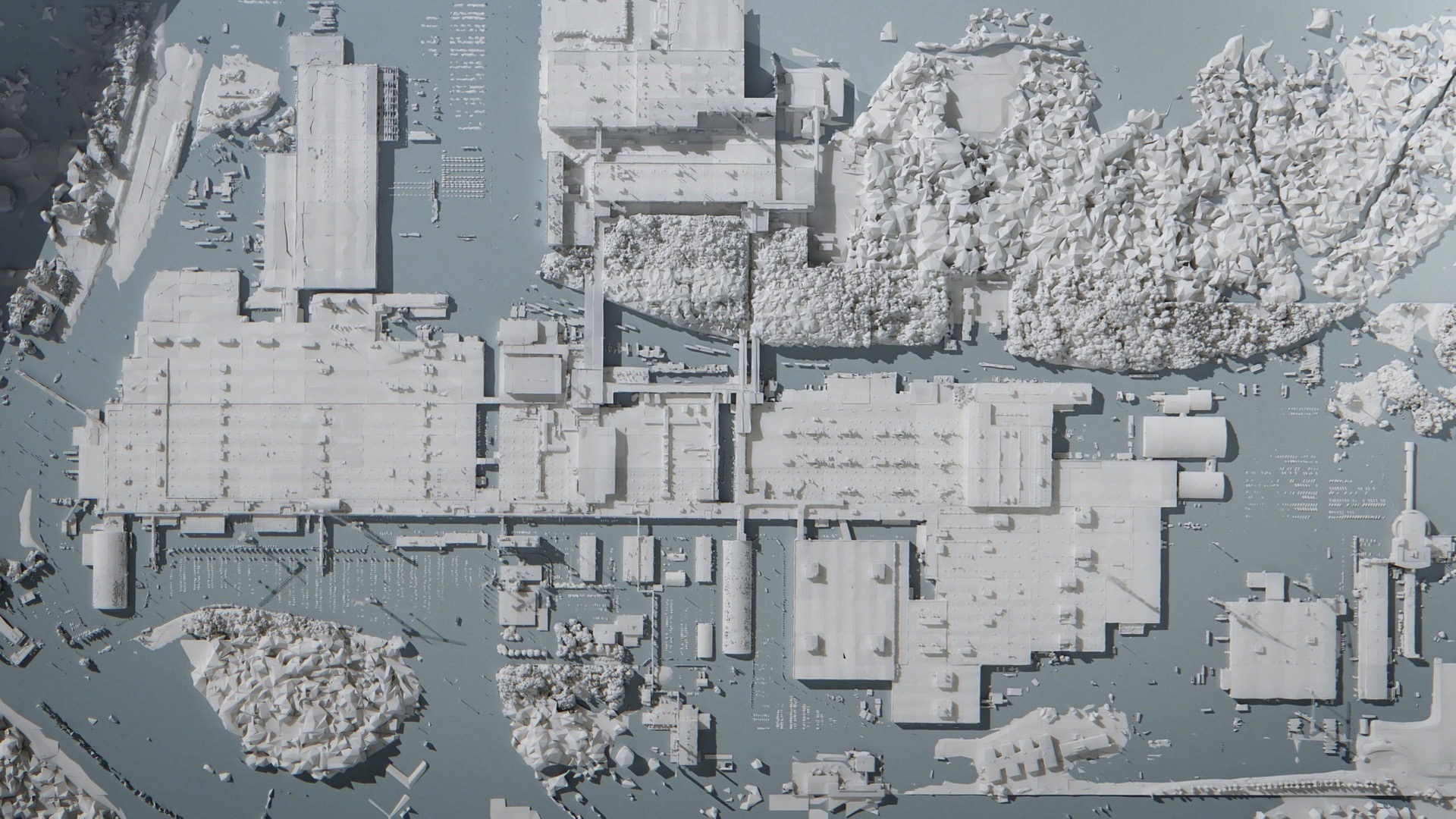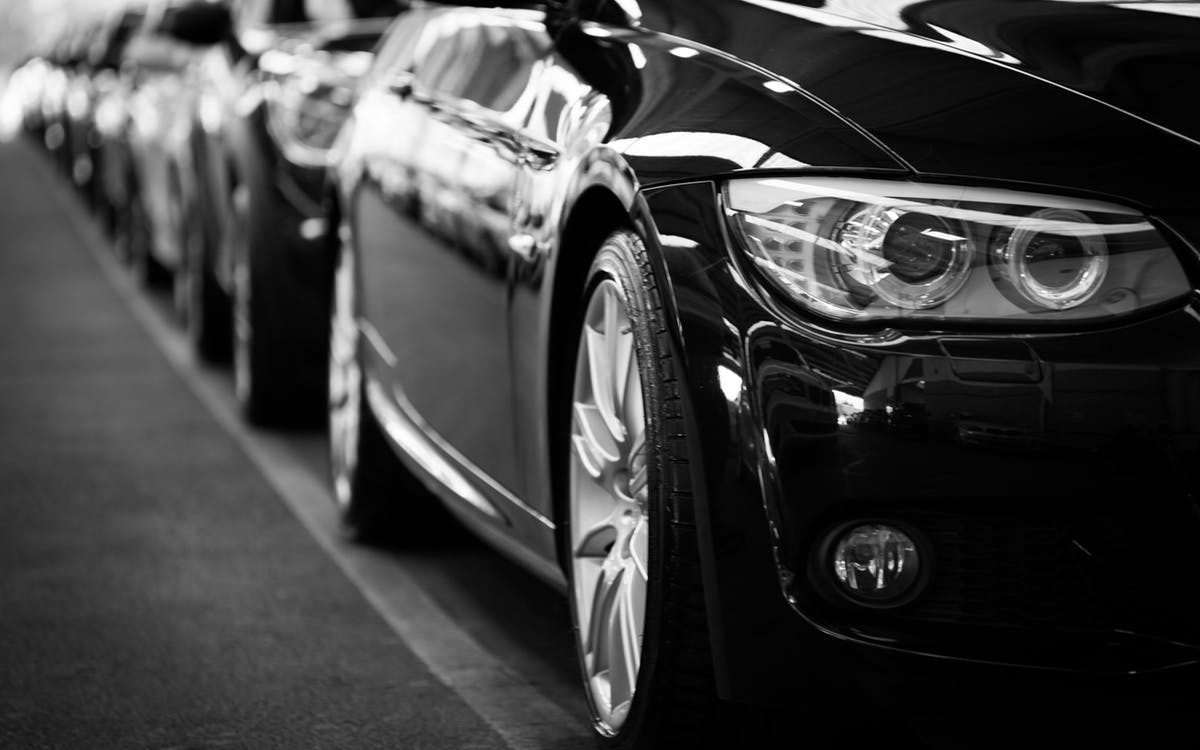JeffKeryk
Thread starter
My insurance is dirt cheap. Probably because of my age, number of cars and driving record. Costco Ameriprise...Tesla insurance rates are going up from talking with insurance adjusters. It sounds like any small problem they are "totalled " then sent straight to auction. The problem is Tesla make it nearly impossible to repair or get parts. My complaint is that a few years back a guy started repairing auction Teslas. They are making it impossible or almost to repair. Again aftermarket parts for Tesla's are almost nill. Add to the staggering parts cost $1,000 for a door handle $3000 for a windshield it's no wonder they're becoming throw away.Repairing totaled telsas



/cloudfront-us-east-2.images.arcpublishing.com/reuters/IAJI3GLARZPGHLDYS6IZ42KYUY.jpg)
